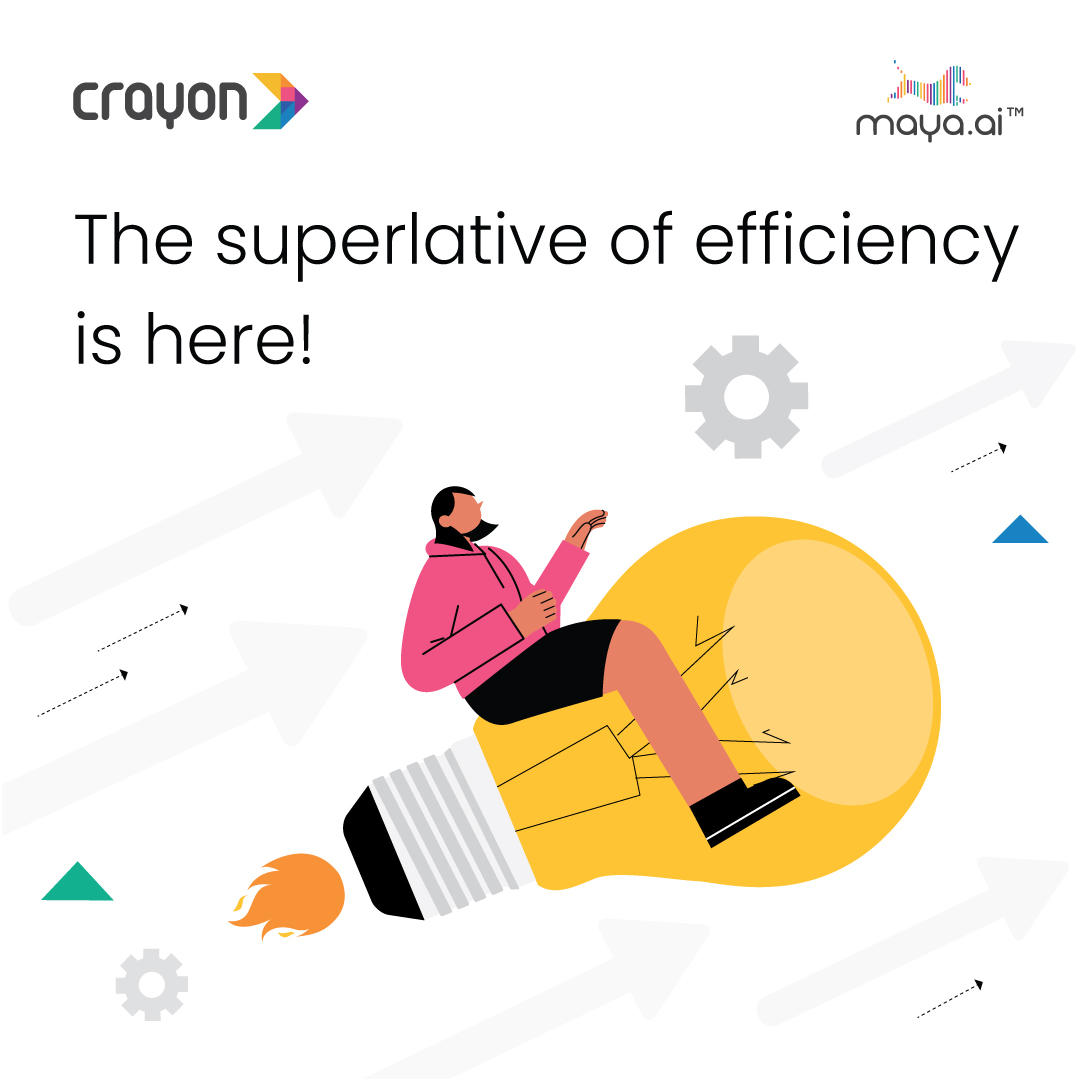In the last decade, the landscape of the business world has changed perhaps more than any other time in history. Startups are required to keep up with every new trend in marketing and technology just to stay in the game, while also looking to drive the innovation that will lead to growth and set them apart from the rest. A high proportion of startups do not succeed, so finding the right formula and competitive edge is essential to survival. CRM is one of the many new acronym buzz phrases that has grown in popularity. But can it actually make a difference to businesses?
One of the essentials that UK enterprises will need for running operations is a UK IT consultancy to help with tech needs. A reliable and experienced IT support company can offer a range of services tailored to your specific needs.
What is CRM?
CRM stands for Customer Relation Management, and it is a collection of techniques for recording and analysing all data related to customer interaction, all stored in a central location and used to drive business growth.
People often refer to CRM as the software solutions that helps with content management, sales management, for streamlining processes and increasing productivity.
CRM not only assists with organising and maintaining relations with customers, but also service users, colleagues and suppliers. It can also help with finding new customers, providing support and additional services, and winning business. It can be used by businesses in any sector, and it is especially useful for small businesses that may need more help to grow.
How can it make a difference?
A report from Nucleus Research showed that the average return on investment for CRM is $8.71 for every dollar spent. This represents a considerable ROI for businesses looking to scale. And the figure has increased from $5.60 in 2011, so it is a growing trend that investors will come to expect. Gartner predicts that by 2021 it will be the single largest area of spending in enterprise software.
There are many ways that CRM can benefit organisations, and these include the following.
CRM helps to organise and consolidate data in one location, so it can be easily and more efficiently accessed from a single platform. This includes contact information, customer history and communication history.
It also improves work efficiency in the way that it can communicate with different departments and seamlessly integrate sales and marketing functions.
A study by MarketingSherpa found that CRM increased sales by 52% and revenues by 41%. CRM enables organisations to find the right customers. Especially since sales and marketing teams have a complete view of leads and prospects so they can create engaging communications to target customers.
With more customer data, CRM is able to have a deeper understanding of customers from which to build sustainable relationships. This can be done by exploring the challenges of each customer. And engaging with content and information that is relevant to them. And then scaling the relationship.
CRM has also been proven to reduce sales costs through a higher customer retention rate. And increase employee productivity due to a reduction in repetitive tasks. It also improves customer service by providing personalised messages and solutions.
Solutions to consider
ZohoCRM – this is a web-based CRM software that is popular for small to large businesses. It can be linked to customers’ Twitter and Facebook pages, and each customer can be categorised as contacts or leads. ZohoCRM has a mobile version and integrates smoothly with Google Apps. A free trial is available, after which plans start from £30 per month.
Freshsales – from Freshworks, this software focusses on attracting, managing, closing and nurturing leads. It comes with a built-in phone and email, as well as an intuitive user interface. Users are able to conduct lead scoring and prioritise leads according to rank. A free monthly trial is on offer, then plans begin from £10 per month.
Capsule – this is a popular choice with SMEs, for managing customer and sales activities. Easy to use and customisable, Capsule integrates with Google G Suite, Google Data Studio, Zapier and Mailchimp. Monthly plans begin from £15 and a free trial is also available.
Pipedrive – this CRM software has a clear, organised overview of sales and it is easy to use and set up. It is mobile optimised and integrates with Google Apps. Pipeline efficiently manages sales pipelines and can help identify promising leads and priority deals. A free trial is offered and monthly plans start from £10 per month.
Salesforce – another popular CRM product, Salesforce enables users to track customer interaction and information, and follow up on leads. Other features include partner management, lead management, sales data, marketing automation and also Feed First, which allows users to view the most important data based on their settings. A free monthly trial is offered, after which plans begin from £20 per month.
Given the steady increase in adoption of CRM software solutions, it seems inevitable that this approach to customer handling will soon become a standard feature of all types of business. As the CRM industry is predicted to continue in its growth, it is most likely that this aspect of operations will become more sophisticated and customised to meet the different styles of customer experience. As an integral part of business, CRM will become more familiar to everyone, and different approaches and strategies will be worked on by developers and strategists alike. For those who are still unfamiliar with this fairly recent phenomenon, now is the time to jump on board.




